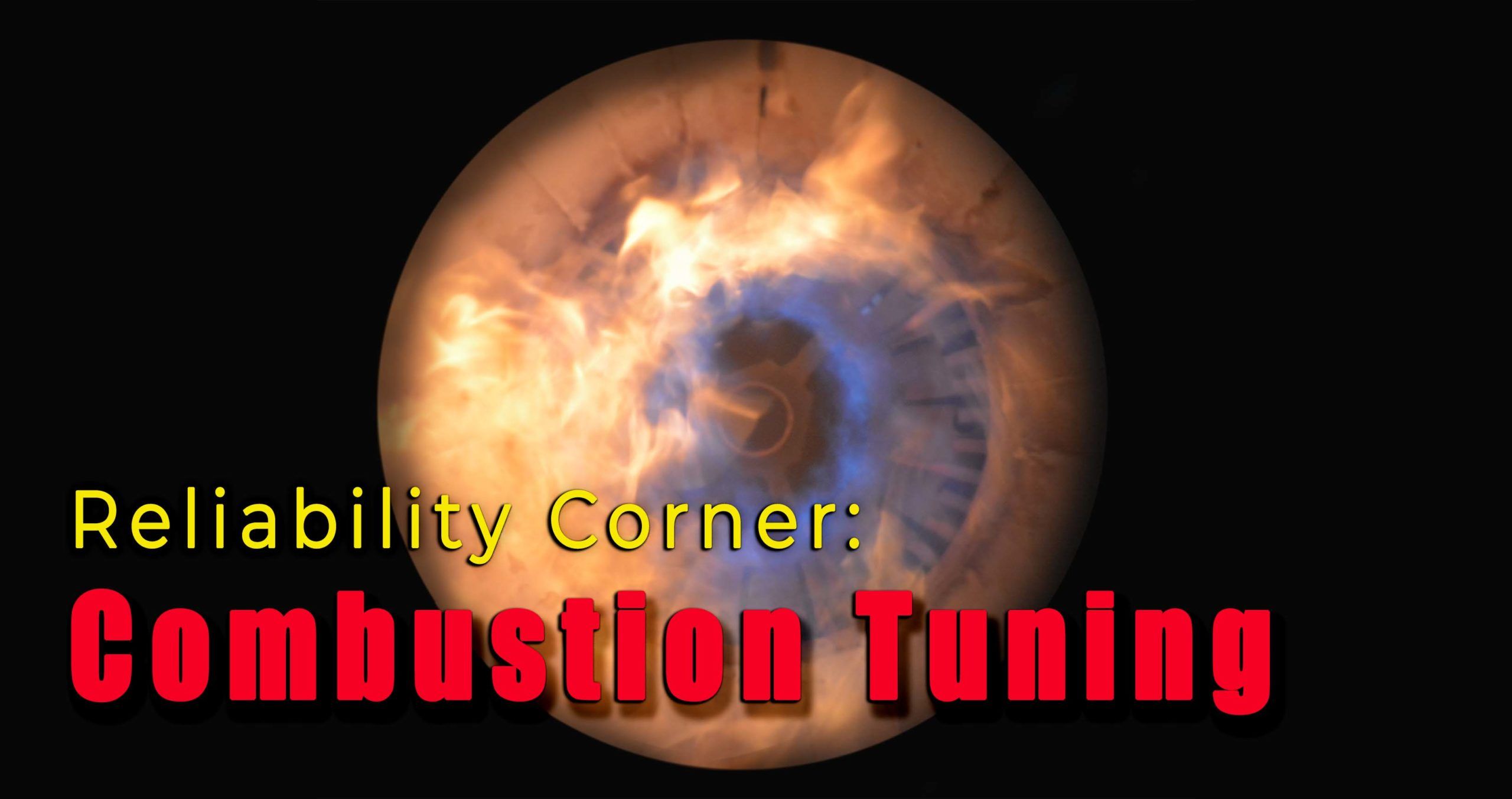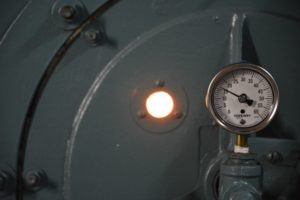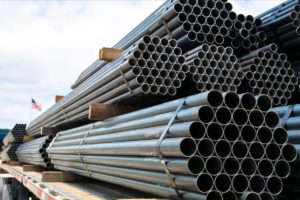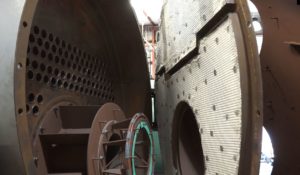Basics of Tuning the Combustion of a Boiler

Combustion tuning of an industrial boiler is critical for continued efficient and effective boiler operations.
When is the best time to perform a combustion tune of a boiler?
First things first, there is no set standard on when a boilers combustion tuning needs to be performed. Daily monitoring of the burner’s performance will give operators the best indication of when a combustion tune is needed. Regardless of the performance results, it’s important to schedule intervals for regular tuning for optimum boiler efficiency and reliability.
So as the longer days of spring etch closer, warmer temperatures are right around the corner. Now is a great time to start planning your boiler’s shutdown periods so you can be ahead of the curve. Part of a shutdown includes regular combustion tuning. Boiler combustion tuning is absolutely necessary to ensure your plant is operating at its peak efficiency. Both hot water boilers and steam boilers require regular tuning to ensure that the air to fuel ratio is being properly maintained.
During the Spring and again in the Fall, the ambient air temperatures make their biggest changes. These changing temperatures result in air density change as well and hence, these periods are critical times to verify these air-to-fuel ratios.
Boilers that are not getting proper combustion tunes are at risk of excessive fuel use, sooting, increased emissions, refractory damage, or other fireside problems. Twice annual combustion tunes are a best practice to ensure a boiler’s peak efficiency is maintained for years to come.



How a boiler should be tuned –
When a boilers combustion tune is performed, it’s important to do so on a boiler that is warmed up properly and under a normal operating condition. After the boiler has been brought up to temperature, it’s best to tune the boiler through the complete firing cycle, optimizing where the burner operates for the majority of the day. This will ensure that the correct tune is performed. Oftentimes a steam silencer or steam vent is utilized in order to completely tune the boiler through the entire firing cycle. The steam shedder allows for steam to be safely released into the atmosphere while reducing noise pollution. It is sometimes necessary to use a steam vent as the plant may not be able to take the full steam load or handle the starting and stopping of the boiler.
Tuning is performed with a sophisticated electronic meter known as a combustion analyzer. These meters use probes inserted into the flue stack to measure gases and temperatures from the combustion process. By analyzing gas percentages present in the exhaust, a burner is then tuned to meet the ideal percentages of gases. Location of sample analysis is important due to the stack gas mixing with air. If a damper is on the stack ensure that your probe is on the boiler side of the damper. Often times like in our rental boilers, the location of the stack thermometer is an ideal place for the analyzers probe.
Under no circumstances should burner tuning be performed by strictly sight and sound. While these factors do play a part in combustion tuning, a combustion analyzer like the e-com b is an absolute must for a technician to successfully tune an industrial burner. Follow the instructions provided by the manufacturer of the combustion analyzer for best results.
These are some of the critical components needed to get a boilers tune adjusted for best performance, without them is guesswork and will not achieve the desired results.
Steam shedders are often utilized to correctly perform combustion tunes of a steam boiler

75,000 lb/hr 350 psig boiler being tuned at the test facility
Proper Planning is Key
Boilers that are regularly tuned decrease operating expenses, maintenance costs and prevent unscheduled downtime. As the old saying goes, “An ounce of prevention is worth a pound of cure”. This is an area that facilities must be proactive about in order to ensure increased reliability.
A few closing notes on burner tuning; It’s always a sound practice to have burner manufacturers’ data on hand for a technician. This allows for the design set points to be verified such as nozzle pressure, manifold pressure, gas supply, etc. When tuning a dual fuel burner like the gas/oil combination burners that are on most of our rental boilers, it will need to be tuned independently for each fuel.
Combustion tuning is a necessary process for gas and oil-fired burners. A properly tuned boiler will give facilities many years of reliable service. These tunes should be performed by qualified individuals who have been trained to properly tune a boiler.



If your boiler needs tuning or you’re looking for training for your facility personnel then contact Power Mechanical Inc. today.